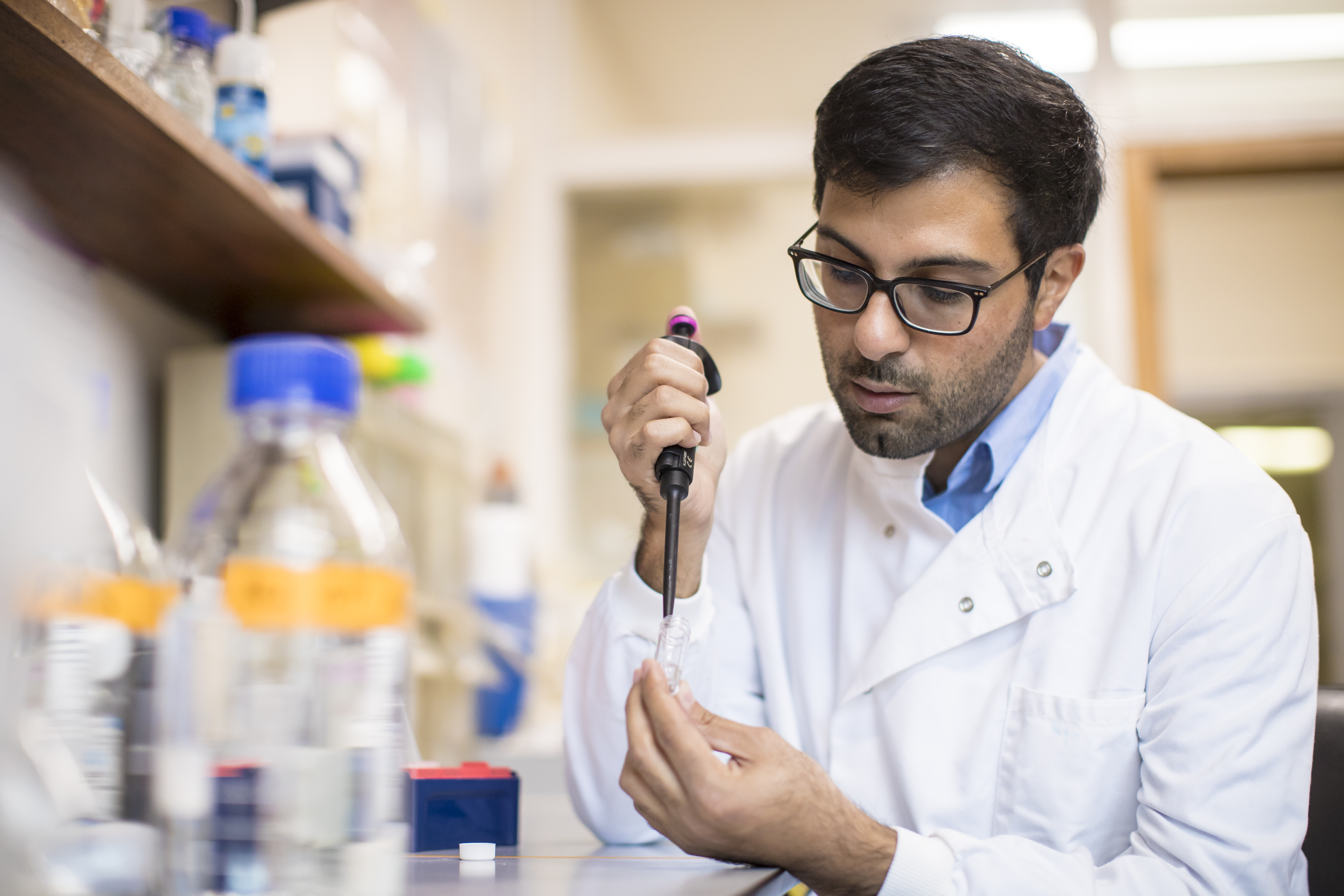Recent research has found there is no link between genetic variations (repeat expansions) of C9orf72 and the development of PSP or CBD.
The research was led by Dr David Vaughan at UCL and was part funded by PSPA as part of the PROSPECT-M-UK Study. It investigated the impact of varying lengths of C9orf72 repeat expansions. Large expansions in this gene are known to cause Amyotrophic Lateral Sclerosis (ALS) and Frontotemporal dementia (FTD). Previous studies have suggested that there is a link between intermediate length expansions and atypical parkinsonian conditions, including CBD. The aim of the study was to specifically identify if intermediate expansions in C9orf72 were linked to when PSP & CBD and similar brain diseases started, how severely they developed and how long people lived following diagnosis.
To investigate if C9orf72 variations were linked to the diseases, Dr Vaughan and his team analysed the gene in 626 people who have been diagnosed with PSP, CBD or other atypical Parkinsonian conditions, alongside a control group. As part of the analysis, they measured the length of the C9orf72 expansion and analysed if there was a link between the size of the gene and if and how brain disease develops.
By the end of the study, Dr Vaughan was able to determine there was no strong link to the length of C9orf72 and the development of PSP, CBD or similar diseases.
Dr Vaughan clarified: “The C9orf72 gene is complex, and while large expansions are important for ALS and FTD, smaller expansions are not clearly linked to the development or progression of brain diseases like PSP & CBD.
“Although this study did not successfully find a gene that could potentially be used as a target for treatments of the disease., what it has done, is to eliminate factors, which is just as important.
“Further research is now needed, recruiting a larger cohort of participants, to establish in what way the larger expansions of C9orf72 impacts on PSP & CBD. Links to other factors such as ‘methylation’, which is a chemical modification of DNA and may also impact development of disease, is also worthy of investigation.”
PSPA’s CEO Rebecca Packwood added: “Funding this important study into how the C9orf72 gene impacts conditions like PSP & CBD, is part of our ongoing commitment to research.
“Eliminating a specific variant of the gene is an important step towards identifying a potential biomarker for trials of treatments to slow the conditions. We know there is still a way to go until such a treatment is established, but every study conducted into PSP & CBD helps us to understand them more.”
PSPA provided more than £1 million of funding to the PROSPECT Study from where this data was collected.






